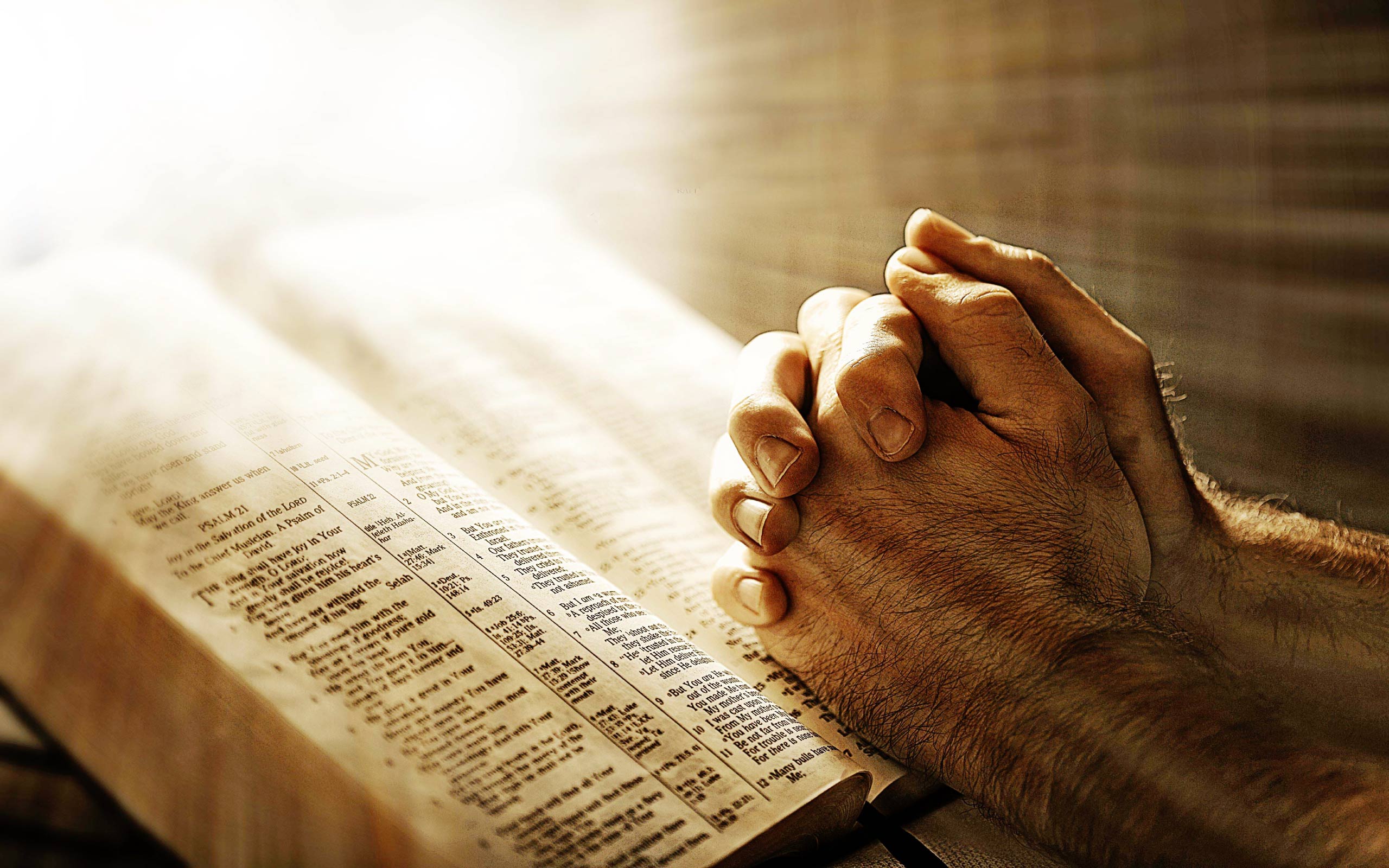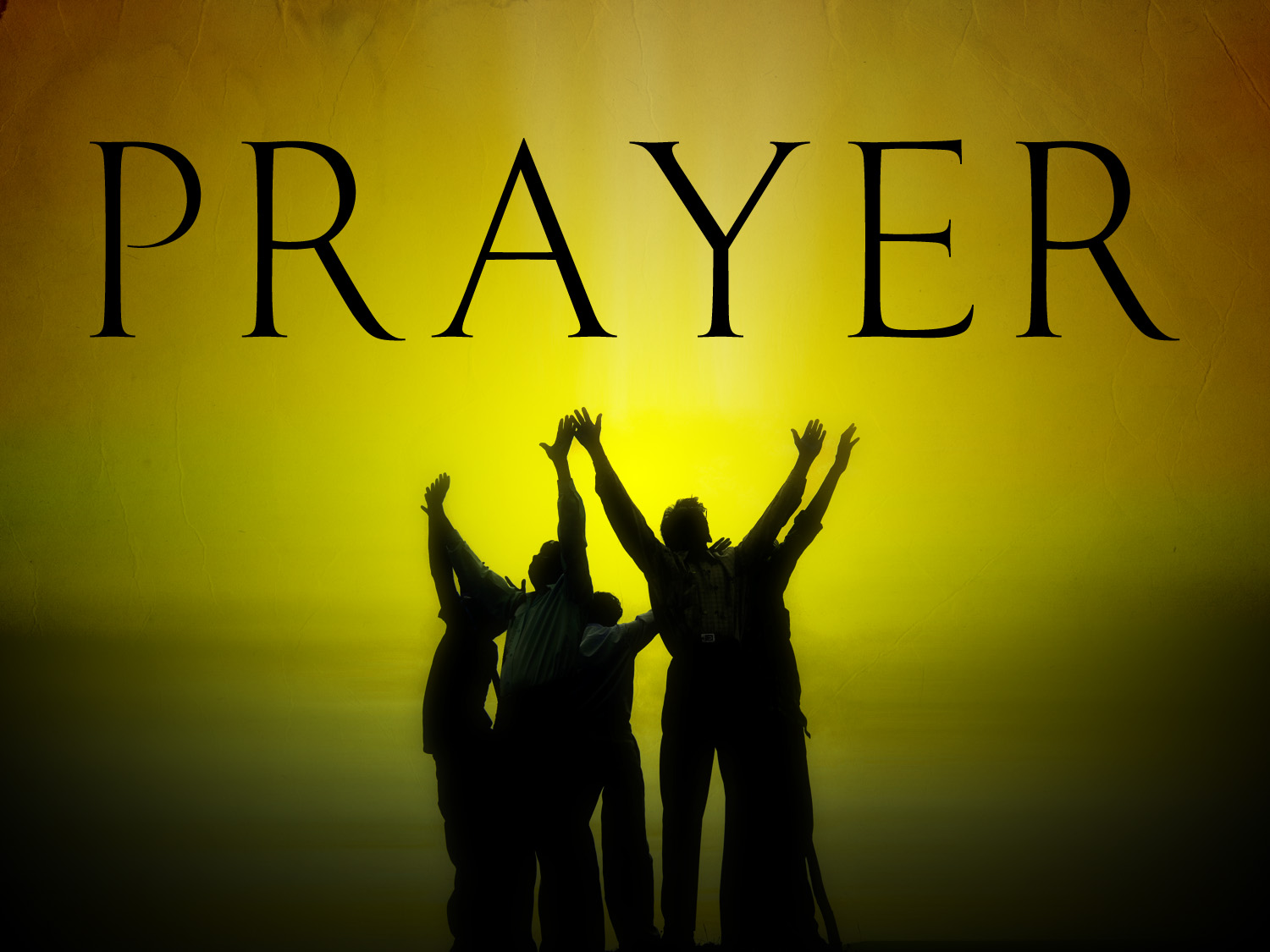Prayer To Find Lost Things In Islam: Connecting With Divine Help
Losing something important can feel like a punch to the gut, can't it? That sudden wave of panic, the frantic searching, the gnawing worry that your cherished item, perhaps a family heirloom or a crucial document, might be gone for good. It's a feeling nearly everyone has experienced, and it's a very human response to feel a bit helpless. In such moments, many people, especially those who believe, turn to a higher power for comfort and guidance. For followers of Islam, turning to prayer, or "dua," is a deeply ingrained practice, a way of reaching out for divine assistance when things seem truly lost. It's a powerful tool, really, for connecting with God, and it offers a unique kind of peace when you're feeling a bit lost yourself.
The idea of prayer, or "dua," for finding lost things in Islam is not just about reciting a specific phrase. It is, in a way, about expressing a deep trust in God's vast power and His knowledge of all things, even the smallest details of our lives. When we pray for something lost, we are, you know, acknowledging that God knows where it is, and He has the ability to help us find it. This kind of prayer is an open admission, as it were, that without God's help, we can do nothing truly meaningful. It is an expression of faith in God’s power, fueled by a desire for more of Him in our lives.
This practice of seeking divine help for lost items, or any hardship really, fits right into the broader Islamic understanding of prayer. Prayer to God is, sort of, like a child’s simple request to a loving parent. God loves us, and He has promised to hear us when we pray. It's a way of talking to God, a direct line, you could say, that is open to us at every moment of our lives, not just for times of suffering or great joy. So, when you're searching for something you've misplaced, turning to God through prayer is a natural, comforting step, and it's something that can bring a lot of solace.
Table of Contents
- The Essence of Prayer in Islam
- Why Pray for Lost Things?
- How to Approach Prayer for Lost Items
- Practical Steps Alongside Prayer
- Common Questions About Prayer to Find Lost Things Islam
The Essence of Prayer in Islam
Prayer, in Islam, is much more than just a ritual; it's a living, breathing connection with the Creator. It is, essentially, simply talking to God. The most important thing I can say about this is that God wants you to talk to Him. He is always there, ready to listen, and He has promised to hear us when we pray. This isn't just for big, life-altering requests, but for every single moment of our lives, whether we're feeling down or overjoyed. Prayer is objectively real—a real God, real communication, real work, real answers, and stuff.
The "My text" information highlights that prayer is an open admission that without God, we can do nothing. This really applies to all aspects of life, including the frustrating experience of losing something. It's an expression of faith in God’s immense power, a belief that He can intervene and help us even with seemingly small things. A deep prayer life, you know, can be a bit difficult to maintain consistently, but it’s also greatly rewarding, offering comfort and strength in challenging times.
We are encouraged to thank God in prayer too, not just ask for things. This aspect of gratitude is, in a way, a very important part of building that strong relationship with the Divine. Prayer comes in a million shapes and forms; it can happen in seconds, short moments of heartfelt communication. It doesn't always have to be a long, formal session. Sometimes, a quick, sincere plea is all that's needed, and that's perfectly fine.
Why Pray for Lost Things?
When something goes missing, the immediate reaction is often to search physically, to retrace steps, or to ask others. This is a natural response, of course. However, for a believer, adding prayer to this process brings a spiritual dimension that can be incredibly helpful. It’s not about magic, or about God simply "teleporting" your item back, but about seeking His guidance and comfort in a moment of distress. It's, you know, a way of saying, "I've done what I can, and now I place my trust in You."
A Sign of Trust and Reliance
Praying for a lost item is, in a way, a very clear sign of your reliance on God. It shows that you believe He is the ultimate source of all help and that nothing is hidden from Him. This act of turning to God, even for something like a misplaced key or a lost wallet, reinforces your faith. It’s a practical application of the belief that God loves us and has promised to hear us when we pray. This kind of reliance, you see, can ease the stress of the situation.
The "My text" information tells us that prayer is an expression of faith in God’s power. When you're praying for a lost item, you are essentially activating that faith, believing that God can make the seemingly impossible possible, or at least guide your efforts. It’s a recognition that your own efforts, while important, are ultimately limited without divine assistance. So, it's not just about finding the item, but about strengthening your relationship with God in the process, which is pretty neat.
Finding Peace in the Search
The anxiety that comes with losing something can be overwhelming. The constant worry, the frustration, the feeling of being out of control—these are all very common emotions. Prayer, however, can bring a profound sense of peace to this stressful situation. It helps you, sort of, release that anxiety and place your trust in God's plan. Even if the item isn't immediately found, the act of prayer itself can calm your heart and mind.
This peace comes from knowing that you have done your part by turning to God. It’s a reminder that God is in control, and He knows what is best for you. Prayerlessness, the "My text" suggests, is the great enemy of true happiness. Conversely, a deep prayer life, even when it’s difficult to maintain, is greatly rewarding. So, when you're feeling stuck in a rut because something is lost, turning to prayer can bring that much-needed happiness and tranquility, really.
How to Approach Prayer for Lost Items
When you decide to pray for a lost item, there are a few simple ways to approach it that can make your prayer more meaningful and effective. It's not about reciting specific, rigid formulas, but about the sincerity of your heart and your connection with God. This is, you know, about talking to God in a way that feels natural and honest to you.
Sincerity and Heartfelt Connection
The most important aspect of any prayer, especially when asking for something specific like a lost item, is sincerity. God looks at the heart, not just the words. So, when you pray, make sure your prayer comes from a genuine place of need and trust. It's like, really, talking to a very close friend, sharing your worries and hopes. You want to be honest about your feelings, even your frustration.
Remember, prayer is simply talking to God. He loves us, and He wants us to talk to Him. This means you don't need to use fancy words or complicated sentences. Just speak from your heart, tell God what you've lost, and ask for His help in finding it. You can, for instance, say something like, "Oh God, I've lost [item name], and I'm really worried. Please help me find it if it's good for me, and guide my steps."
Strengthening Your Prayer Life
A strong general prayer life can certainly make your specific prayers for lost items feel more natural and powerful. The "My text" offers seven steps to help strengthen your prayers. These steps, you know, can be applied to any prayer, including those for lost things. For example, regularly engaging in prayer, not just when you need something, builds a consistent connection with God.
One of these steps might involve being honest about our tendency to try to pray on our own. If we want to learn how to pray in the spirit, we must admit this tendency. This means acknowledging that true strength in prayer comes from God, not from our own abilities. Practicing regular prayers, even short moments throughout the day, helps keep that line of communication open. You can find more insights on strengthening your spiritual practice by visiting a resource like IslamQA, which offers guidance on various religious topics.
Patience and Acceptance
Sometimes, despite our sincere prayers, a lost item might not be found immediately, or at all. In these situations, patience and acceptance are, frankly, very important. It’s crucial to remember that God's wisdom is far beyond our own, and sometimes, what seems like a loss might actually be a protection or a lesson. We should thank God in prayer too, regardless of the outcome, because gratitude is a very powerful act of worship.
This doesn't mean you should stop hoping or searching, but it does mean trusting in God's plan. Prayer is objectively real, and God does provide real answers, but those answers might not always be what we expect. It's about accepting God's will with grace and continuing to rely on Him. This attitude, you know, brings an inner calm that helps you deal with the situation, whatever the result.
Practical Steps Alongside Prayer
While prayer is a powerful spiritual tool, it’s also important to combine it with practical efforts. Prayer is not a substitute for action, but rather a way to seek guidance and strength for your actions. So, when you pray for a lost item, you should also actively search for it. This combination of spiritual effort and physical action is, in a way, very much encouraged in Islam.
For instance, after you've prayed, you might find yourself feeling a sudden urge to look in a place you hadn't considered before, or you might remember a detail that helps you retrace your steps. This could be, you know, a subtle form of divine guidance. Consider seven steps to take this year to help strengthen your prayers, and these steps can also apply to your search efforts. For example, staying positive and methodical in your search, even when it feels a bit hopeless, is a form of perseverance that God appreciates.
Also, it’s good to ask others for help if appropriate. Sometimes, someone else might have seen your item or might have a fresh perspective on where to look. This community aspect is also part of a balanced approach. Remember, prayer is for every moment of our lives, not just for times of suffering or joy. It integrates into our daily efforts, making them more purposeful and, arguably, more blessed. Learn more about prayer and its significance on our site, and you can also find helpful tips on maintaining a strong spiritual connection.
Common Questions About Prayer to Find Lost Things Islam
What is the Dua for finding lost things?
While there isn't one single, universally prescribed "dua" for finding lost things that is, you know, absolutely required, the essence is to make a sincere supplication to God. Many people recite a general prayer asking God for help, or they might say, "Oh Allah, the gatherer of all things, the one who brings back what is lost, bring back my lost item by Your power and grace." The most important thing is the heartfelt intention and belief that God can help you, so.
Is it permissible to pray for lost items in Islam?
Yes, absolutely. It is, in fact, very much permissible and even encouraged to pray for all your needs, big or small, including lost items. Prayer is simply talking to God, and He loves us and has promised to hear us when we pray. Turning to God in times of need, even for something like a misplaced possession, shows your reliance on Him and strengthens your faith. It's a sign of trust, really.
How does prayer help in finding lost items?
Prayer helps in several ways. Spiritually, it brings peace and reduces anxiety, helping you think more clearly. It reinforces your trust in God's power and knowledge. Practically, your prayer might lead to a sudden insight, a memory, or a feeling to look in a specific place you hadn't thought of before. It can also, you know, help you accept the outcome if the item is not found, knowing that God's plan is always best. It's a real connection, and real answers can come from it.

3 Views on Prayer: Which is the Most Biblical? - Bellator Christi

What is Prayer? Why Should we Pray? Part 1 | BCFS

Download 🔅 Seeking Strength and Guidance in Prayer | Wallpapers.com